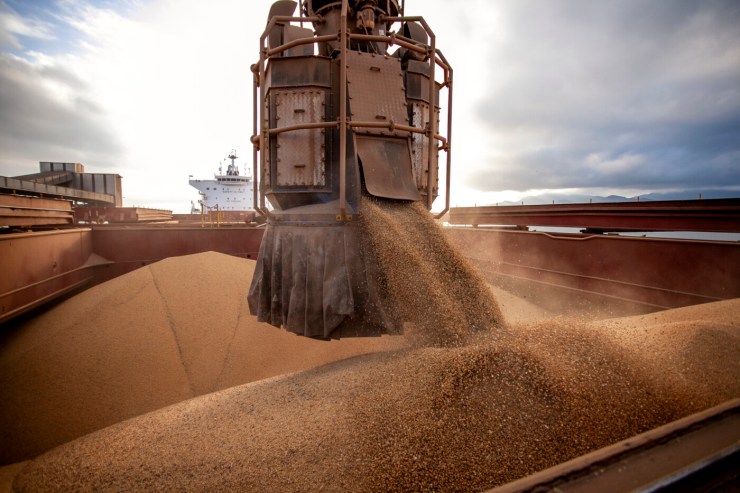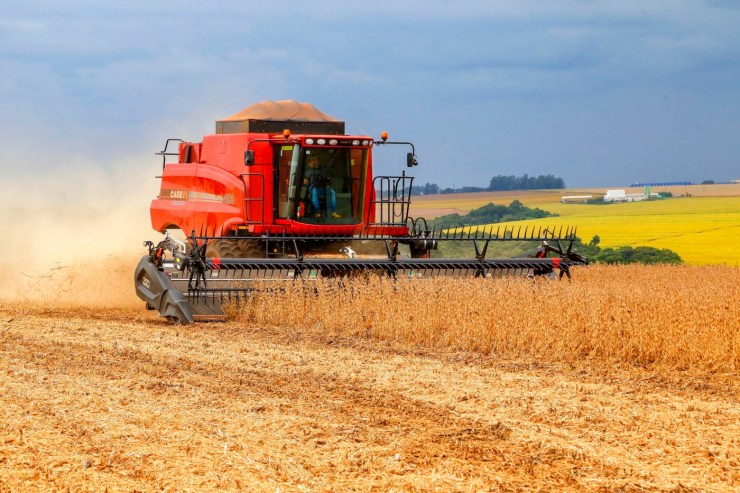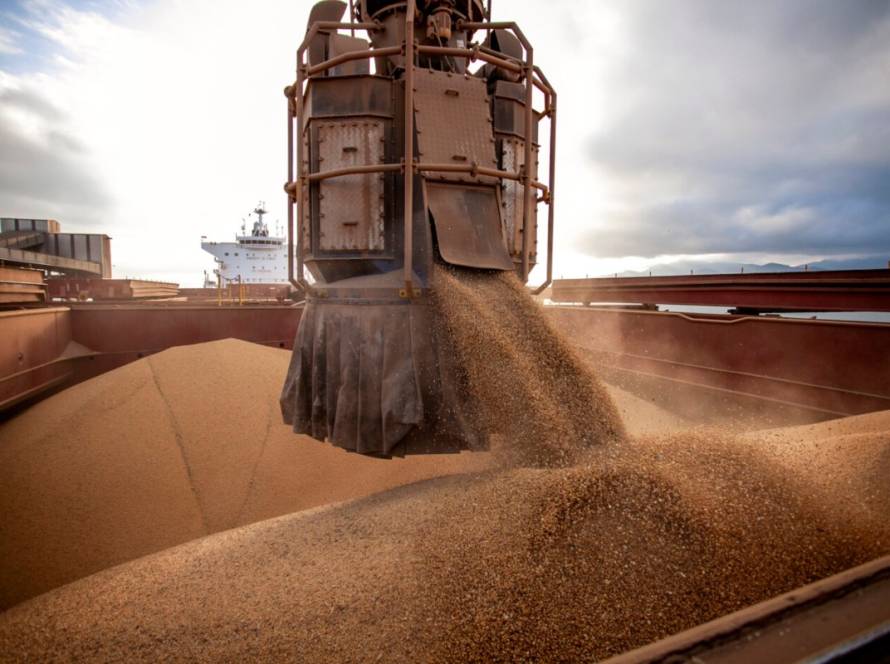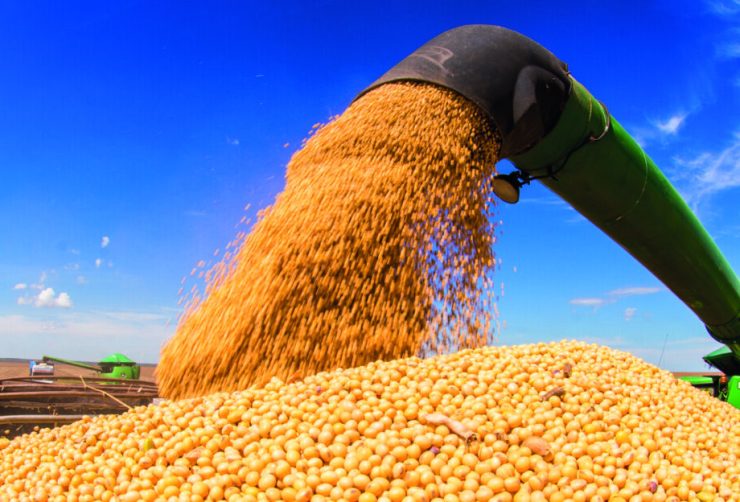Since taking over as Global Executive Director of the Responsible Soy Roundtable (RTRS) in January 2024, Luiza Bruscato has implemented a program to modernize internal governance, aligned with international transparency requirements and the pursuit of greater operational efficiency. The process began with a comprehensive organizational assessment, encompassing information security, technology, the adoption of new tools, data cross-referencing, and business intelligence.
Based on this assessment, a specialized consultancy was hired to redesign workflows and responsibilities, create processes, and reorganize departments, resulting in a new, more agile and functional organizational design. "We did this work collaboratively, working with employees, redesigning processes, defining roles, and integrating everything into an organizational management tool," explains Luiza.

Photo: Gilson Abreu
Among the main changes is the migration to more robust and secure systems, such as the Microsoft platform, which, in addition to offering greater protection and information integration, generated significant savings as it is a free solution for nonprofits. The overhaul also included the creation of backups, modernization of internal communications, and optimization of workflows.
Another highlight is the implementation of Single Sign-On, which allows customers and partners to access multiple RTRS tools with a single login. This integration also includes the issuance of invoices and payment slips, generating an estimated reduction of over €30,000 in annual costs, in addition to significant gains in team time and productivity.
According to Luiza, these changes represent technical advances and consolidate RTRS as a more transparent, modern organization aligned with global governance standards. "We are creating a solid foundation for RTRS to operate even more efficiently, safely, and in an integrated manner, strengthening our mission to promote responsible soy worldwide," she emphasizes.
Technology, decentralization and active member participation
RTRS's Global Executive Director has led a significant transformation in the way the organization collects, processes, and shares information, as well as innovating internal governance to ensure greater transparency and participation from all links in the responsible soy chain.
Among the changes implemented is the digitization and automation of data management processes, with the adoption of solutions like Power BI, which allows for automatic data collection and transformation, reducing human error and limiting access to confidential information to only those who truly need it. "Today, data arrives tabulated and consolidated for analysis, giving the team more autonomy, accelerating decision-making, and enabling more robust conclusions about the certification path," notes Luiza.

RTRS Global Executive Director, Luiza Bruscato: “The board of directors does not always have the specific technical knowledge necessary to discuss certain topics” – Photo: Disclosure/RTRS
In the field of governance, Luiza introduced a model for decentralizing technical decisions through the creation of Regional Task Forces—Europe, Latam, and Brazil. These groups have the autonomy to select topics, engage in in-depth discussions with experts, and propose positions on strategic issues such as carbon, soil health, regenerative agriculture, or international legislation. "The board of directors doesn't always have the specific technical expertise needed to discuss certain topics. The Task Forces bring together experts and industry members to build solid positions, while the board focuses on the organization's overall strategy," Luiza emphasizes.
According to the executive, this new structure has significantly increased interaction with members. In practice, each Task Force holds three annual meetings, totaling nine meetings throughout the year, in addition to the annual conference, assembly, and board meetings. The result is more space for member voices, a better balance of perspectives, and more participatory decision-making. "We are creating an environment in which technology, decentralization, and collaboration work together to strengthen the credibility of the RTRS and offer greater value to our members," emphasizes Luiza.
Next steps: global governance and standardization
To support RTRS's expansion, the organization is advancing information governance and technical documents. Currently, there are more than 50 documents guiding certification, and the priority is to ensure they are up-to-date, clear, and compliant with current legislation.
According to Luiza, one of the focuses is reducing the divergent interpretations that still occur during audits. To this end, RTRS is developing specific training programs for both chain of custody and production auditors, ensuring greater accuracy and consistency in certification.
Another area of focus is organizing and systematizing institutional decisions made over the past six years. These decisions, Luiza says, often recorded only in internal communications, are being formalized into official policies, such as a code of conduct, terms and conditions for using the platform, and conflict-of-interest rules.
Furthermore, the documents are undergoing a structural review to become more streamlined, objective, and easy to understand, reducing room for interpretation and strengthening the credibility of the RTRS certification. "This governance process, scheduled for completion by the end of the year, is considered essential to consolidate the RTRS as a global benchmark for sustainability and governance in the soybean sector," he emphasizes.





